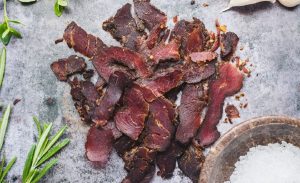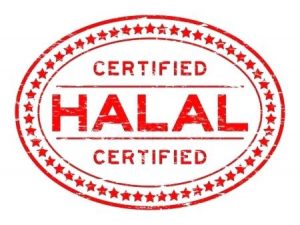Five of the country’s halaal certifying authorities have given their
support to a call made last week by the Muslim Judicial Council to
withdraw halaal certificates for products imported from Israel. MJC PRO
Nabeweya Malick told VOC that the boycott will be extended later to the
withdrawal of halaal certificates to food outlets whose parent
companies are deemed to be strong Israeli supporters.
“The people of Gaza need whatever form of support we can offer. The
boycott call has been a common one from around the globe, including in
countries that have a non-Muslim majority. We can offer dua and give
our commitment, but it must also reflect in our lifestyle. We have to
make some form of sacrifice to bring a bit of relief and hope to the
people of Palestine. Increasingly we realise that we cannot leave the
situation to the United Nations or the US to resolve. It lies
collectively on the shoulders of the global community.”
According to Malick, the MJC on Saturday met with four halaal
authorities – the National Independent Halaal Trust, Islamic Council of
South Africa (ICSA), and Maslisu Shura Al Islam while the SA National
Halaal Authority (Sanha) made their apologies. “The goal of the meeting
was to galvanise the halaal industry to address key issues of the
boycott. We found that there were many goods imported from Israel which
are certified as halaal. The issue is how to separate the Shar’a issue
– whether or not the product is halaal or not – from taking a moral
position on a country that is a huge destructive force. We believe that
we cannot ignore the political situation. The question must be asked if
we as Muslims wish to support that country in any way.”
She added that consumers could join the boycott on Israeli products by
looking out for the barcode of products. “The easiest is to memorise
the barcode 729 which are the first three numbers of all Israeli
imported products. Most people know what these products are since there
are lots of lists being circulated, but we will issue a researched,
updated list to all mosques in the near future.”
Malick said that as a second tier of the boycott call, halaal
certification of food outlets like KFC and McDonalds would be addressed
at a later stage. “The halaal authorities, including Sanha who made
their apologies, agreed in principle with the call and are all on
board. The MJC realises that we cannot tell people what to do or not to
or what to eat or not, but we can tell people what their spending means
for whom and who benefits, which countries it props up. It is part of
taking responsibility for Muslim money.” She said this was part of a
greater consciousness Muslims had to acquire. “We are usually very
meticulous about what we eat, so equally we need to be very aware of
what we spend our money on, who we associate with and even what
publications we read to obtain information from.”
Meanwhile, Malick reiterated that the ulema body fully intends taking action against the local tabloid, The Daily Voice
for a front page story on Friday which the MJC believes mocked their
boycott call by showing an archived photo of senior MJC members with
Cokes in front of them. Coca Cola’s US parent company is on the boycott
list for its support of Israel.
“The photograph that they used on their front page was scratched out of
their archives and related to a meeting at Coke almost four years ago
when the ulema had met with them to look at the halaal status of Coke.
The fact that they used this photograph in the context of the boycott
call made a mockery of the MJC and the boycott call and amounts to an
attempt to turn the community against the MJC. It is extremely
unfortunate, but we have obtained archived copies of this paper and
articles where they falsely discredited imams and other members of the
community and we will be taking action.”
She added: “It is disturbing that so many Muslims actually read this publication and it is time for those who support The Daily Voice
to have a serious rethink. It is not a proper publication for Muslim
eyes and should not be absorbed into our daily lives. We have to
question if there is even anything good in this publication.” VOC



